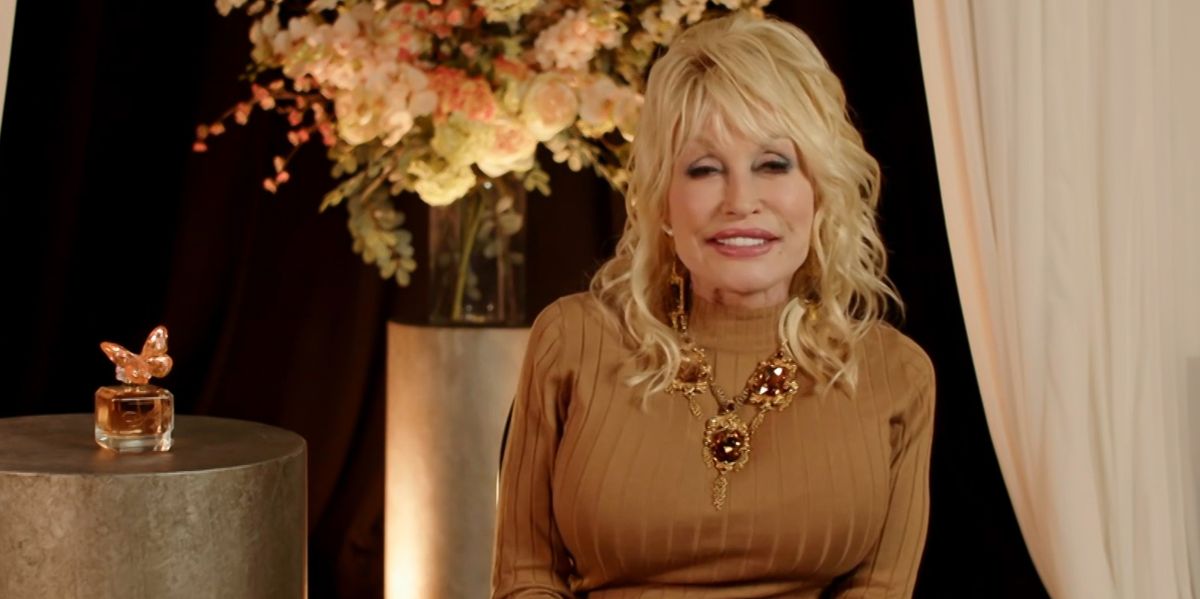
Dolly Parton Will Livestream NFT and Blockchain Concert
Dolly Parton announced on Wednesday that she would be performing at South by Southwest for the first time. The performance will be available via a Web3 experience—as the announcement puts it, she will be “performing on the blockchain.” If that isn’t uncanny valley enough for you, Parton will also be offering free NFTs (non-fungible tokens) to anyone in attendance. Additional NFTs will be available for purchase, including art and limited editions of her upcoming album supporting her novel with James Patterson, Run, Rose, Run. Welcome to the Dollyverse.
I can’t quite verbalize how much time I’ve spent trying to make sense of these facts. Mostly because, as much as I love Dolly, that all sounds like complete horse shit. Also because NFTs and the blockchain are still so new that it feels a bit like I’m speaking in a made up language. But this is the new thing, right? Snoop has the Snoopverse, where someone bought a plot of digital land for $450,000 late last year. In partnership with THETA, Katy Perry has released a series of NFTs, including photos of her preparing to go on stage. Most of those go for around $250 a pop. I’m sure someone believes there’s some kind of sound explanation as to why anyone would do this, but from my vantage point—to paraphrase my dad—this is what happens when stan culture has more money than it has sense.
I don’t want to be the person who blasts NFTs as a whole. Some up-and-coming artists are pioneering the space, releasing digital art that has taken them from total obscurity to art auction rockstars. I can see the value of that, you know? But when it comes to people like Perry and Snoop and Dolly, whose combined net worths come to nearly a billion dollars, this NFT business feels grubby. When you take a couple steps back, I can’t find the reasoning of why someone would buy an exclusive album they could listen to via a streaming service, simply for the pride of owning it. Moreover, I can’t find the reasoning that Dolly would offer it, outside of the fact that it’s a good way to make money. In the announcement on her website, CEO of Blockchain Creative Labs Scott Greenberg said the event will “provide [fans] the opportunity [to] own and enjoy her music—not just a right to stream it–all designed to bring Dolly even closer to her fans.” But, and not to belabor the point, how? By owning a piece of art that was arguably created for the sole purpose of selling it on the blockchain?
I’ve read arguments that the NFT model could revolutionize the music industry and put power in the hands of creators, as opposed to the record labels. When we’re talking about theoretical NFT use, that sounds promising! But the current point of access really only seems to be an option for people who are already bajillionaires, and that gets my working class roots tingling like I’m at the tail end of an episode of Scooby Doo. I’m thinking: uh oh, the riches are at it again! It’s like we’re blindly traipsing into the bizarre intersection of technology and late stage capitalism where you can pay grotesque amounts of money to own things that are valuable because someone simply told you they were. Pieces of art that are neither tangible, nor particularly unique (in the case of album ownership). We can get into the semantics of how the whole purpose of an NFT is that it’s the “sole one that exists,” but that feels like Magic-Eye-book logic to me. Your nose is one millimeter away from the picture, and you swear you’re seeing something, simply because someone told you that you would.
No one hates questioning Dolly more than I do. I spent a literal year doing a podcast about her life and countless accomplishments. If she happens to donate all the proceeds from this NFT venture to charity, I’ll be the first in line to shove that size five and a half stiletto in my mouth. But that doesn’t seem to be part of this equation, nor does it seem to be part of any of these multi-millionaires’ business plans.
As the music NFT market continues to grow and everyone takes a step into the metaverse, it might be worth asking where you’re going and who it benefits. The beautiful part of capitalism, I suppose, is that if you got the money to spend, blow it. But the system also reeks of desperation. Some of the wealthiest musicians in the world are wrapping something of theirs in a very expensive coat, promising that the coat is enough. It’s beautiful and opulent, all while lining pockets that didn’t need it to begin with.
This content was originally published here.

